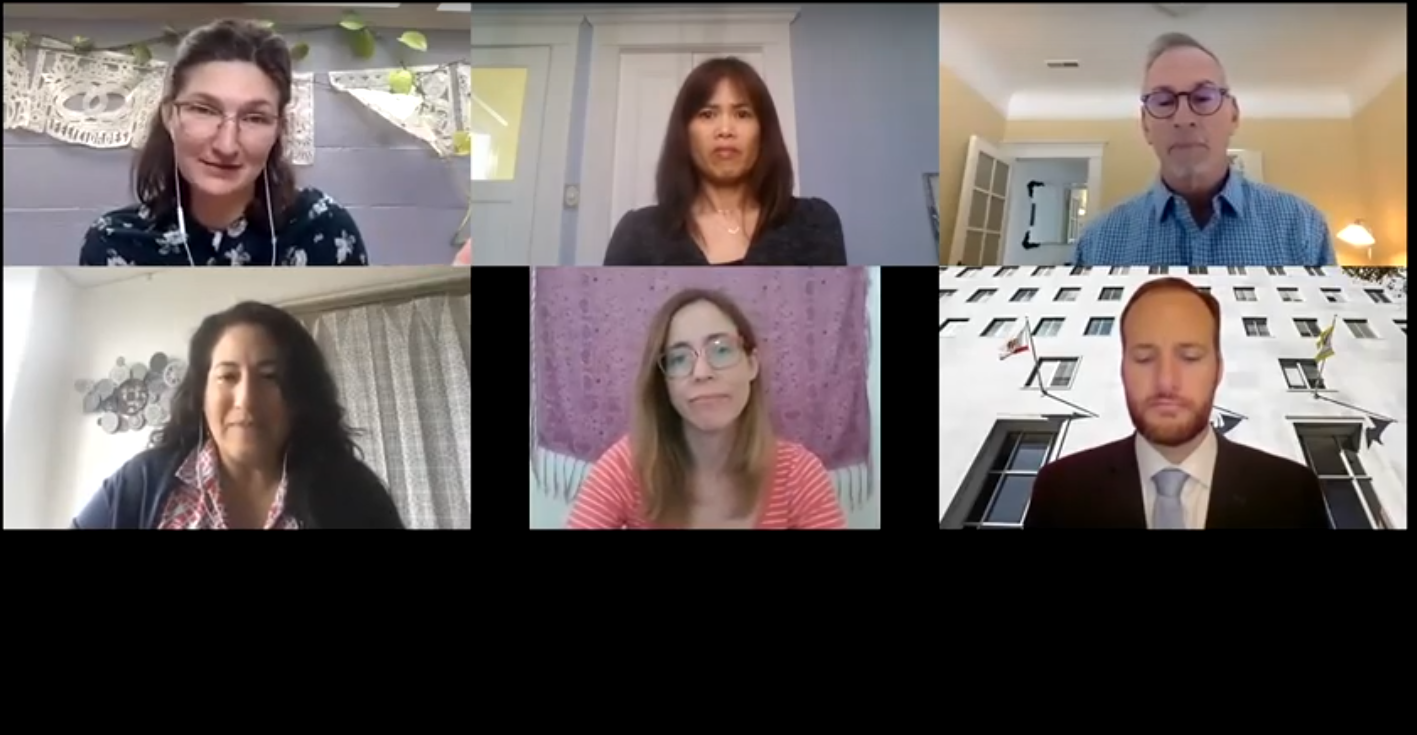Fear, uncertainty and isolation, pervasive during the coronavirus pandemic, present an opportunity for malicious actors to deceive consumers into revealing private information, buying fake products or falling to fraudulent schemes and sending money. In this recording of a live webinar organized by the Public Press, two leaders of the Elder Abuse Prevention Program at the Institute on Aging and San Francisco’s district attorney describe how authorities handle reports of scams and fraud, and answer listener questions about preventing web-based and phone scams.
“Elders who are isolated are more at risk of victimization. Right now elders are more isolated than they’ve ever been due to the shelter-in-place, and then there’s the economic downturn that we’re facing. And so you’re going to have people who are going to see that there’s an opportunity.” — Shawna Reeves, Institute on Aging
A segment from our radio show, “Civic.” Listen daily at 8 a.m. and 6 p.m. on 102.5 FM in San Francisco.










